Reports of food shortages during the COVID-19 pandemic are not hard to find. But for every story about hoarding or a meat shortage, there are reports of farmers dumping millions of gallons of milk, or plowing over vegetable crops.
Even the Food Agricultural Organization of the United Nations warns: “We risk a looming food crisis unless measures are taken.” But they also add, “There is no need for the world to panic.”
How do we make sense of it?
Fortunately, Garden State officials say, that while New Jersey experienced a “disruption” in our food system, things are getting back on track.
“There was certainly a disruption of the normal distribution channels due to the loss of restaurants and other institutional markets,” said Rick VanVranken, Agricultural Agent with Rutgers Cooperative Extension of Atlantic County. “Luckily for our New Jersey growers, that happened before our season started.”

According to VanVranken, food producers were thrown for a loop with the loss of restaurants, schools and other institutional buyers and had difficulty reacting quickly enough to repackage foods for consumers. At the same time, demand increased as more people cooked at home.
It was a test of our food resiliency system, which is the ability of a food system to adapt to significant changes, like a pandemic, or a disaster, said Ron Hutchinson, Associate Professor of Biology and Sustainability at Stockton University. Hutchinson says the food shortage issue was very real, but that farmers adapted and are meeting the challenges. But, he added, we may need to take a closer look at our system.
“People are throwing away food and people are going hungry at the same time,” Hutchinson said. “That automatically says there’s something wrong with the system that we need to change. I’m hoping this pandemic really puts that into focus and catalyzes long-term change so that we’ll have a better food system in the future.”
Hutchinson says one of the reasons New Jersey has a robust food system is because we grow such a wide variety of foods here. And people should take advantage of that and buy local, he said. That helps support local farmers and contributes to a more resilient food system.
He runs a small student farm at the Galloway campus that uses solar panels and rainwater collection. All the produce grown on the Stockton farm, about seven tons planted by students before school ended, will be donated to the local food bank and to people in need.
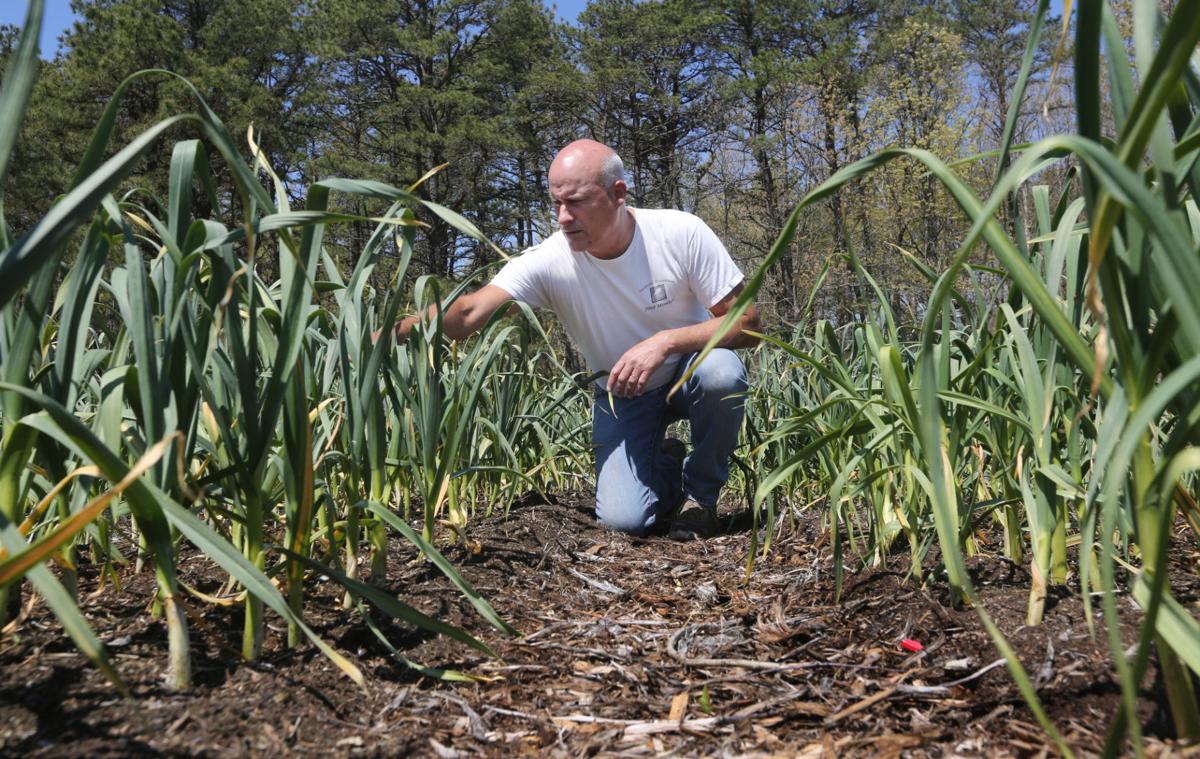
“For us it’s all good,” he says of New Jersey growers. “It’s some of the larger farms that are growing large amounts of specific product that are having the problems.”
Jersey Fresh produce may be best known for corn, tomatoes, peaches and blueberries, VanVranken said, but many people are not aware of the wide variety of produce grown here, from arugula to zucchini, and everything in between. And it’s not only important that people support local farms, he said, but consumers should demand that our markets carry locally grown food.
Jeanine Cava, an Adjunct Professor of Stockton University’s Sustainability Program, said that it’s not a food supply issue, but a problem with food insecurity that is most concerning. And that is due to disparities people’s ability to obtain the right amount and kinds of food.
Cava, who also operates a small farm in Tuckerton, said supporting local growers is important and New Jersey is fortunate in its abundant mix of traditional farmers, organic farmers, community and home gardeners, and farmers markets.
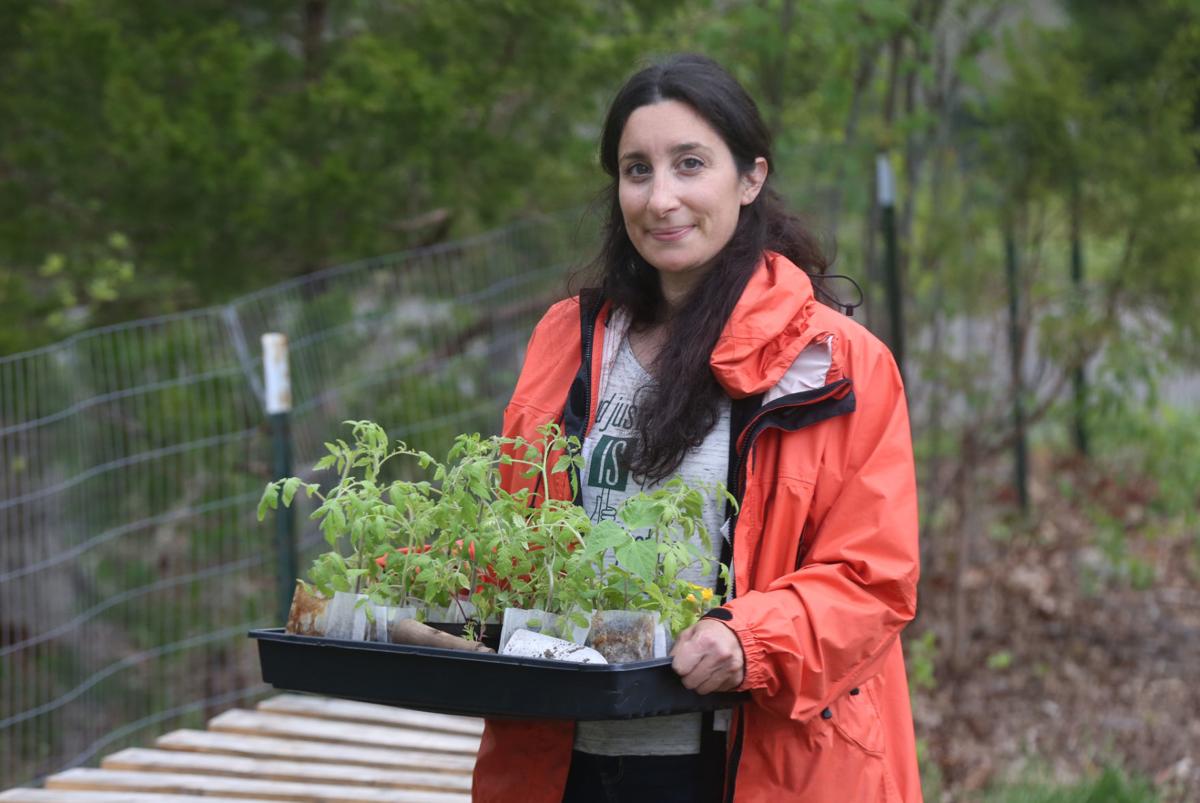
Many of those farmers are finding creative ways to meet the demands of the current situation, including virtual farmers markets. One such market organized by the non-profit C.R.O.P.S operates in Linwood on Saturday mornings. People preorder locally-grown produce, honey and yogurt, which is then place in their car. The market, at Central Square, had been a traditional framers market before the virus restrictions went into place.
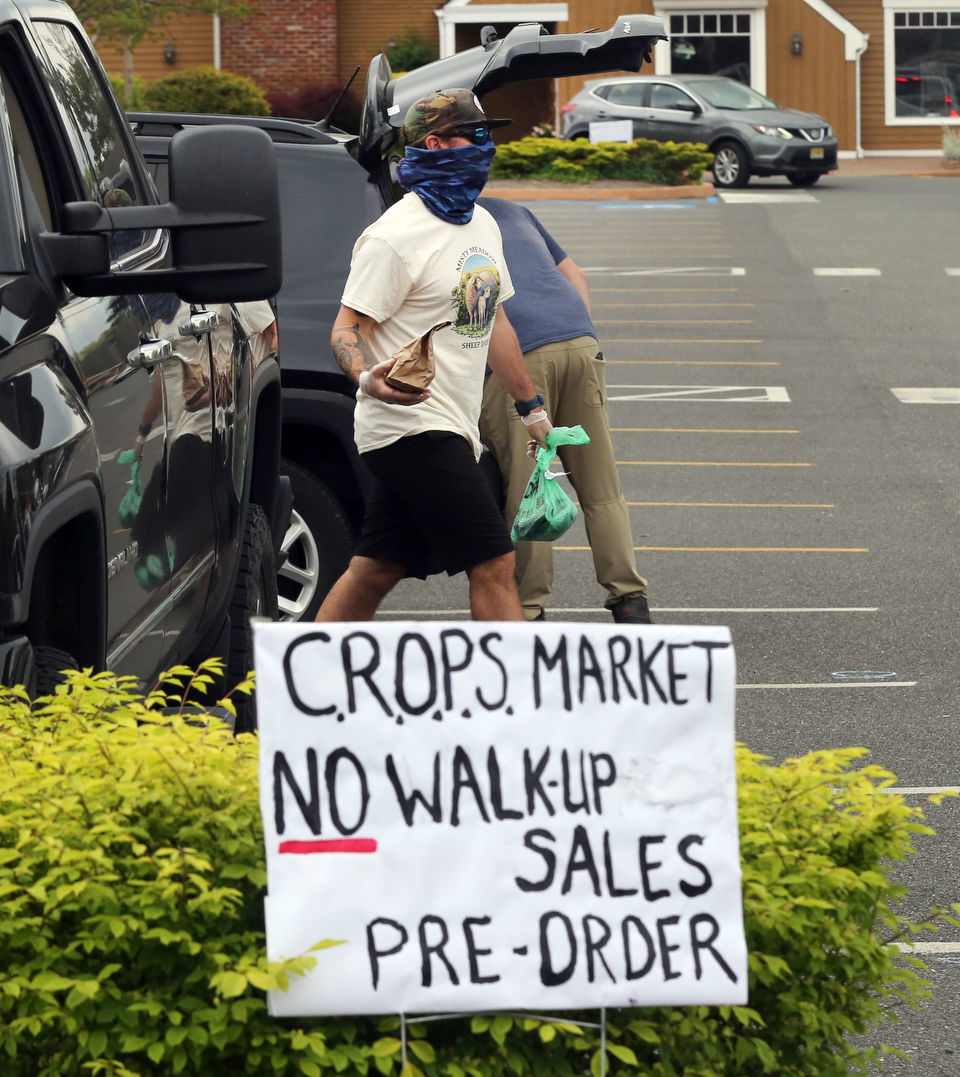
It’s those creative outlets that allow farmer Patrick Keenan to get his produce to the table. Keenan operates Garden Peddler, a niche farm in Woodbine that incorporates bio-composting and vermiculture in their growing process. Keenan was loading bags of vegetables into cars at the Linwood market on a recent Saturday. He said he’s seen a rise in people seeking locally grown food.
Eammon Cummins, of Broken Fork Farm, in Upper Township, agreed. “Smaller farms coming back are the wave of the future,” he said while selling produce in Linwood. “ It was the past and now it’s continuing into the future.”
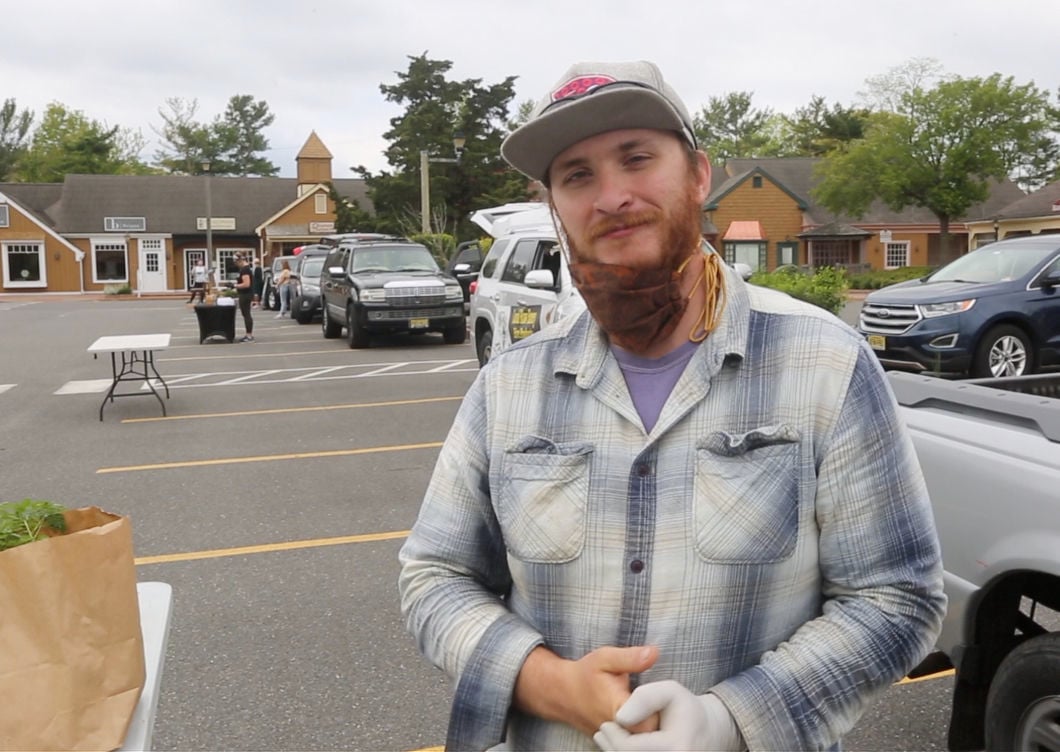
“It would be great if we can ride that momentum, that creative energy around meeting the needs, so that we can become more resilient for the next situation that challenges our food system,” Cava said.
Cava is striving to create a food system coalition, which she says is effective and popular in other regions of the country. The coalition pulls together key partners of the food system: growers; public health representatives, Rutgers Cooperative Extension agents; food banks; medical centers; community gardeners, those involved with food justice, along with others interested groups and individuals. By bringing all these components together, she says it would allow for a more collaborative effort to tackle issues they are all concerned with solving.
Cava encourages people to think of themselves as ‘food citizens’ rather than a consumers.
“A food citizen is someone who’s thinking more about the impacts and how to be knowledgeable and engaged in the food system where they live,” she says. This could mean getting involved in the local food bank, putting more of your dollars into local farm products rather than supermarkets, community gardening or just gardening at home.”
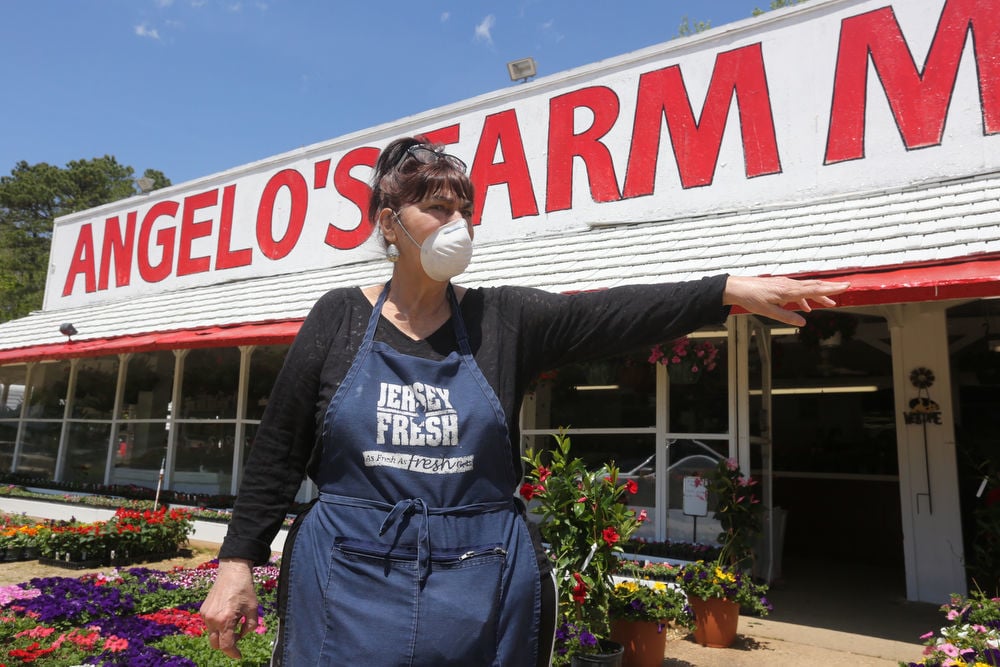
This story was produced in collaboration with CivicStory and the New Jersey Sustainability Reporting Hub project. It was originally reported by Vernon Ogrodnek for the Press of Atlantic City, and may be re-distributed through theCreative Commons License, with attribution.
